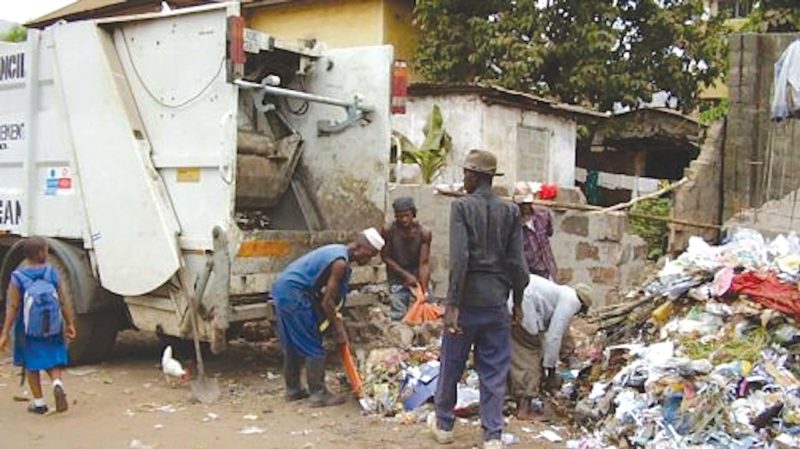The state of Lagos in Nigeria is currently having its fair share of waste management challenges, which is giving the government as well as the governed a cause for concern.

But solid waste management is a global issue that affects everyone, the United Nations has said. According to the global body, the amount of waste produced by individuals is growing daily and often costs local authorities a large proportion of their budget.
The UN is bothered by the fact that poor solid waste collection and disposal can lead to serious health problems from uncontrolled dump sites and waste burning. It also leads to polluted air and water.
This is topic of focus as the world observes the 2018 World Habitat Day on Monday, October 1. This year’s theme is “Municipal Solid Waste Management” with the main global observance taking place in Kenya.
The UN designated the first Monday of October of every year as World Habitat Day to reflect on the state of our towns and cities, and on the basic right of all to adequate shelter. It also reminds us we all have the power and the responsibility to shape the future of our cities and towns.
According to the UN, a change in public attitudes to minimise waste and stop littering, the regularisation of informal waste pickers, increased recycling and reusing, sufficient funding, solid waste planning including adequate landfill sites, can help cities to improve the current state of solid waste management and save money to become “waste-wise cities”.
